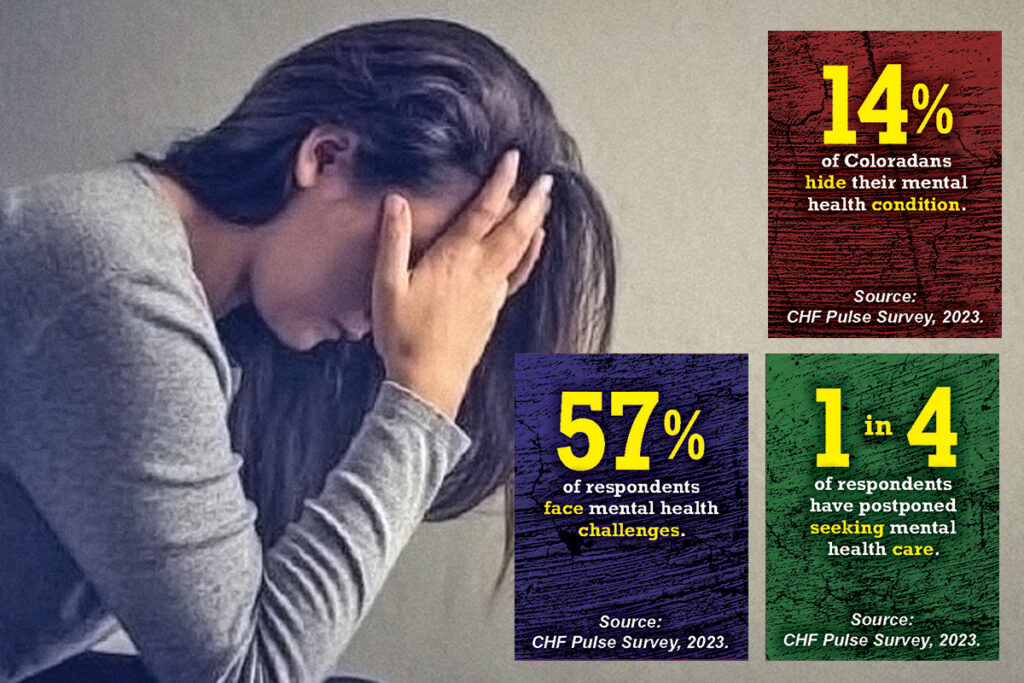
REVEALS COLORADO HEALTH FOUNDATION’S 2023 PULSE SURVEY
Newsroom El Comercio de Colorado
Haga click aquí para leer la versión en español
Mental health is an increasingly pressing concern in Colorado, as revealed by the results of the Fourth Annual Pulse Survey, conducted by The Colorado Health Foundation (CHF). Residents of the state face challenges related to mental health, access to health care, gun violence and other issues. Data collected between April 8 and May 3, 2023, through interviews with 2,639 adults, raise fundamental concerns and underscore the urgent need for mental health care.
The survey has shed light on the alarming fact that a large percentage of Coloradans have experienced mental health problems in the past year. It stands out that more than 57 percent of those surveyed have faced challenges related to anxiety, depression, loneliness or stress. However, what is even more disturbing is that one in four of them have put off seeking mental health care, mainly due to financial obstacles.
Suffering in secret
This trend is concerning when considering specific groups of people, such as those who are at risk of losing their homes or not being able to feed themselves adequately due to economic hardship. Shockingly, the survey reveals that approximately 40 per cent of people who have told someone about their mental health problems in the past year have put off seeking care. The figures underscore the need to address financial barriers to accessing mental health care.
Even more troubling is the fact that 14 percent of Coloradans who have experienced mental health problems have not shared their situation with anyone, not friends, family, or health professionals. This reality highlights the urgency of destigmatizing mental health and creating environments where people feel comfortable sharing their struggles and seeking help without fear of judgment or discrimination.
Solutions Proposed by Coloradans
One suggested effective solution is to make it easier for people to receive mental health screenings and services in the same places where they receive care for their physical health. In addition, the incorporation of mental health professionals in law enforcement to respond to mental health-related emergency calls is also considered an effective measure by respondents. These solutions indicate the need for comprehensive and accessible mental health care.
The survey also highlights persistent difficulties in accessing and paying for healthcare in general. Alarmingly, 38 percent of those surveyed admitted to putting off medical or dental care in the past year, with even higher numbers for vulnerable people like renters, people with low incomes, and people with disabilities. Additionally, nearly one in four Coloradans have experienced unfair treatment when seeking health care because of their race or ethnicity.
A researcher speaks
“The end of the pandemic has not meant the end of the state’s mental health crisis. More than two-thirds rate mental health as a ‘very serious’ problem, a much higher level of concern than what we see about crime, gun violence, drug overdoses, wildfires or climate change. The mental health crisis is personal: Nearly three in five say they have personally experienced mental health problems in the last year,” said Dave Metz, Pulse pollster and president of FM3 Research.
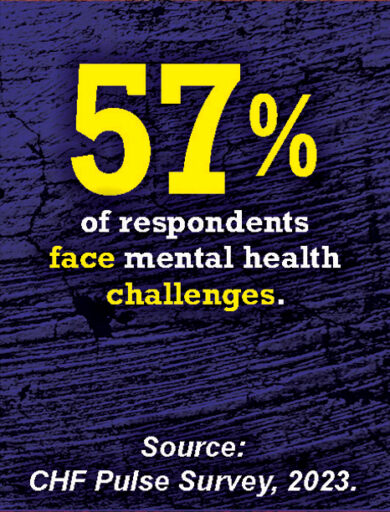
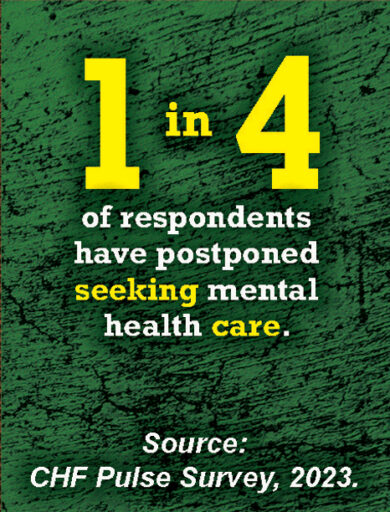
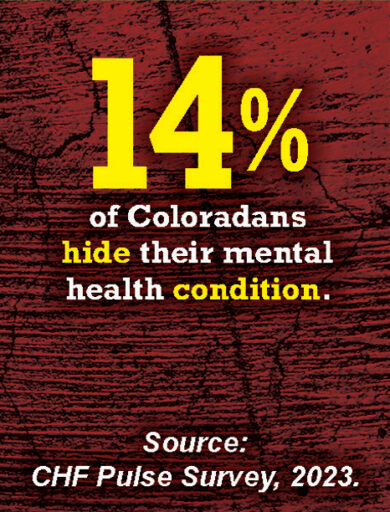
You may also like:
Oaxacan Mezcalero Masters arrive at “Amor a la Mexicana”
Third grade Hispanics did not reach proficiency level in language




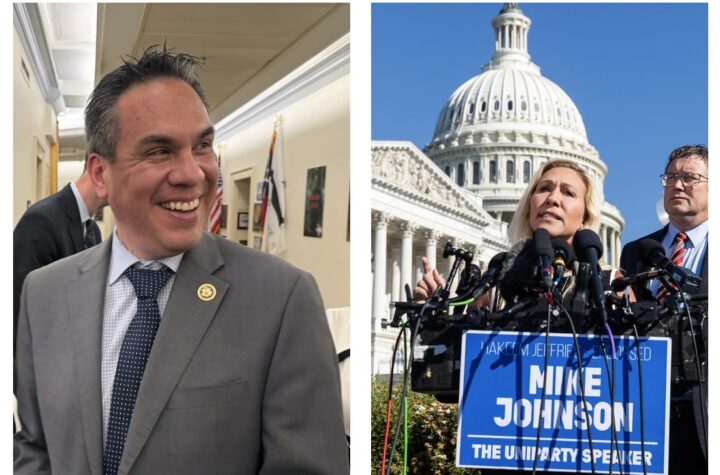
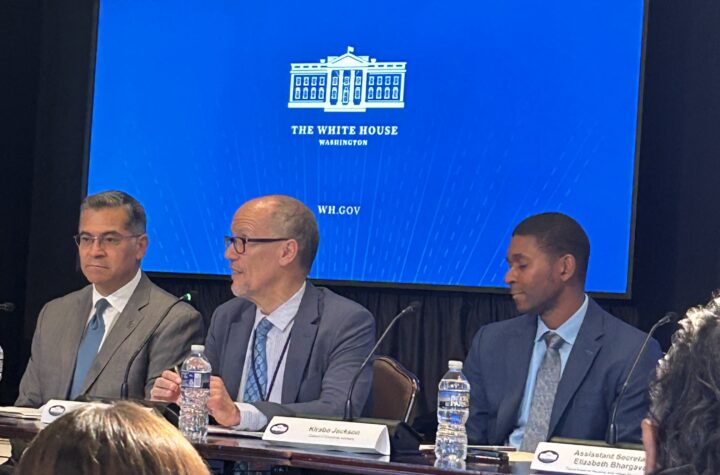
otras noticias
COVID-19 Affected Individuals Live with its Effects
The gorillas of AMLO
Celebrating the Board of Directors (2024-2025) of the COHCC.